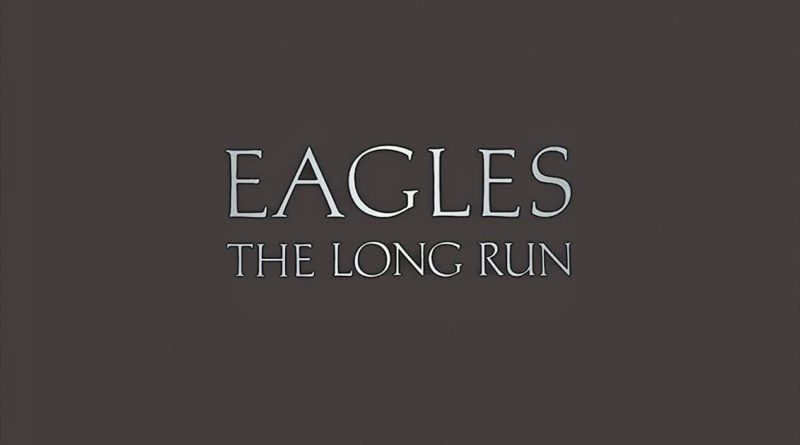The Long Run, which was produced by Bill Szymczyk, who had overseen every Eagles studio album since 1974’s On The Border, was released on the Asylum label on 24 September 1979. It sold more than eight million copies and was certified platinum.
Listen to ‘The Long Run’ here.
“He sang it to me, and I said, ‘That’s fantastic’”
The most memorable song from the album was Heartache Tonight, which was co-written by Glenn Frey, Don Henley, JD Southern and Detroit legend Bob Seger. The composition was infused with the influence of soul-music great Sam Cooke. “We were just walking around clapping our hands and snapping fingers and singing the verses to those songs. The melody sounds very much like those Sam Cooke shuffles,” Souther told Rolling Stone magazine. “There’s not much to it. I mean, it’s really just two long verses. But it felt really good. You can get a feel for how something’s going to come out sometimes.”
Souther and Frey were struggling to finish the song when Frey decided to ring his old friend Seger, who had carved out a fine reputation with his Silver Bullet Band. “Bob just came right in with the chorus, just sang it and it was so good. Glen called me and said, ‘Is four writers OK on this?’ And I said, ‘Sure, if it’s good.’ And he said, ‘Yeah, it’s great. Seger just sang this to me.’ And he sang it to me, and I said, ‘That’s fantastic.’”




